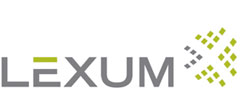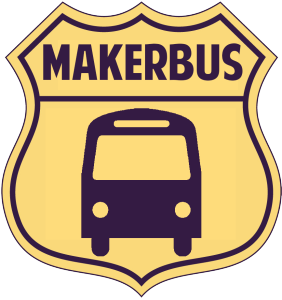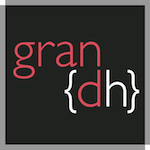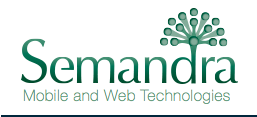Érudit
GRAND Champion:
Érudit is the leading provider of Francophone and Canadian peer reviewed journals in North America. The platform gathers in one point nearly 150 Canadian scholarly and cultural publishers, including the most prestigious French-language Canadian university presses.
Lexum
GRAND Champion:
Lexum is a software company that provides products and services to legal information users as well as various other organizations and companies that prepare, manage and publish large collections of documents.
OpenSky
GRAND Champion:
Semandra
Semandra builds websites, web applications and mobile apps. We support businesses with technical assistance and creative problem-solving. Semandra works hard to find the right combination of communications design and technology, to empower businesses and please users.
SolGen
GRAND Champion:
Silentale
Silentale is an Enterprise software provider founded in 2008 specialized in leveraging social data with existing customer data to improve the efficiency of marketing programs.
DHMakerBus
Tweet at us: @dhmakerbus
GRAND Champion: Ryan Hunt
The Digital Humanities MakerBus is a project started by Kim Martin, Ryan Hunt, and Beth Compton in London, Ontario. By converting a used school bus into a mobile makerspace and technology classroom, the project aims to bridge the digital divide by mobilizing knowledge and providing access to technologies (3D printers and scanners, arducopters, minimal computing) to communities and groups that would otherwise miss out on the experience.
As a receptor for DigHum, the MakerBus team will run community-based workshops on several digital tools developed by the GRAND-DH team. This interaction with a wider public will provide new audiences for tools that were developed for academics, and aims to inspire community members to interact with a suite of tools that help them understand their culture, past and present.
Canterbury Cathedral Archives and Library
GRAND Champion:
The archives of the Canterbury Cathedral preserve, for public use, records and materials related to the history of the Cathedral and the county of Kent. It is a resource for both professional researchers and citizen scholars. But what happens when a body of material can’t be made publicly accessible? This is the case with John Bargrave’s cabinet of curiosities. There are good reasons why Bargrave (1610-1680), a canon of the Cathedral, might want to bequeath his collection of rare and curious objects to the Cathedral; but the Cathedral library and archives, which specialize in books and manuscripts, were never well-suited for a collection of objects that included, among other things, a “petrified finger of a Frenchman,” an ancient Roman lamp and lachrymatory, and “a large piece of a sea-horse’s [hippopotamus] tooth.” While the Cathedral has preserved the collection for over three centuries, it has never had the means and space to put the collection on permanent display. This collection has largely remained in the vault. Working with the Cathedral and its Bargrave materials, the DigCultH group is looking for ways to curate this collection and its related manuscripts for both the professional scholar and the curious public, using graphical and gaming interfaces to provide new ways for accessing and interrogating this collection.


